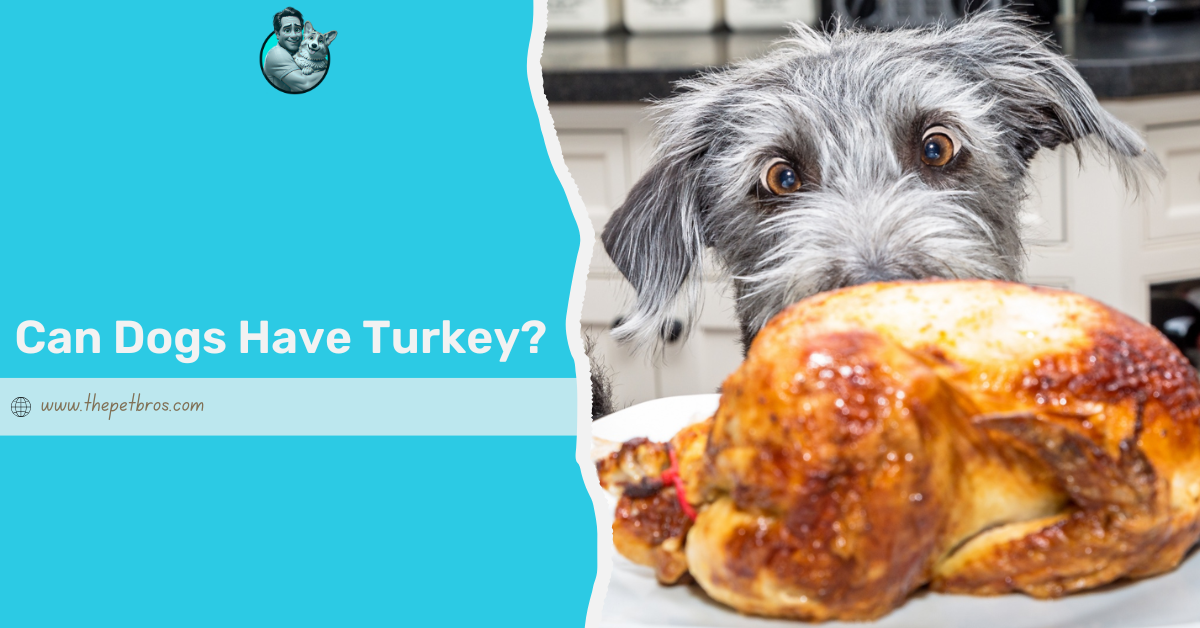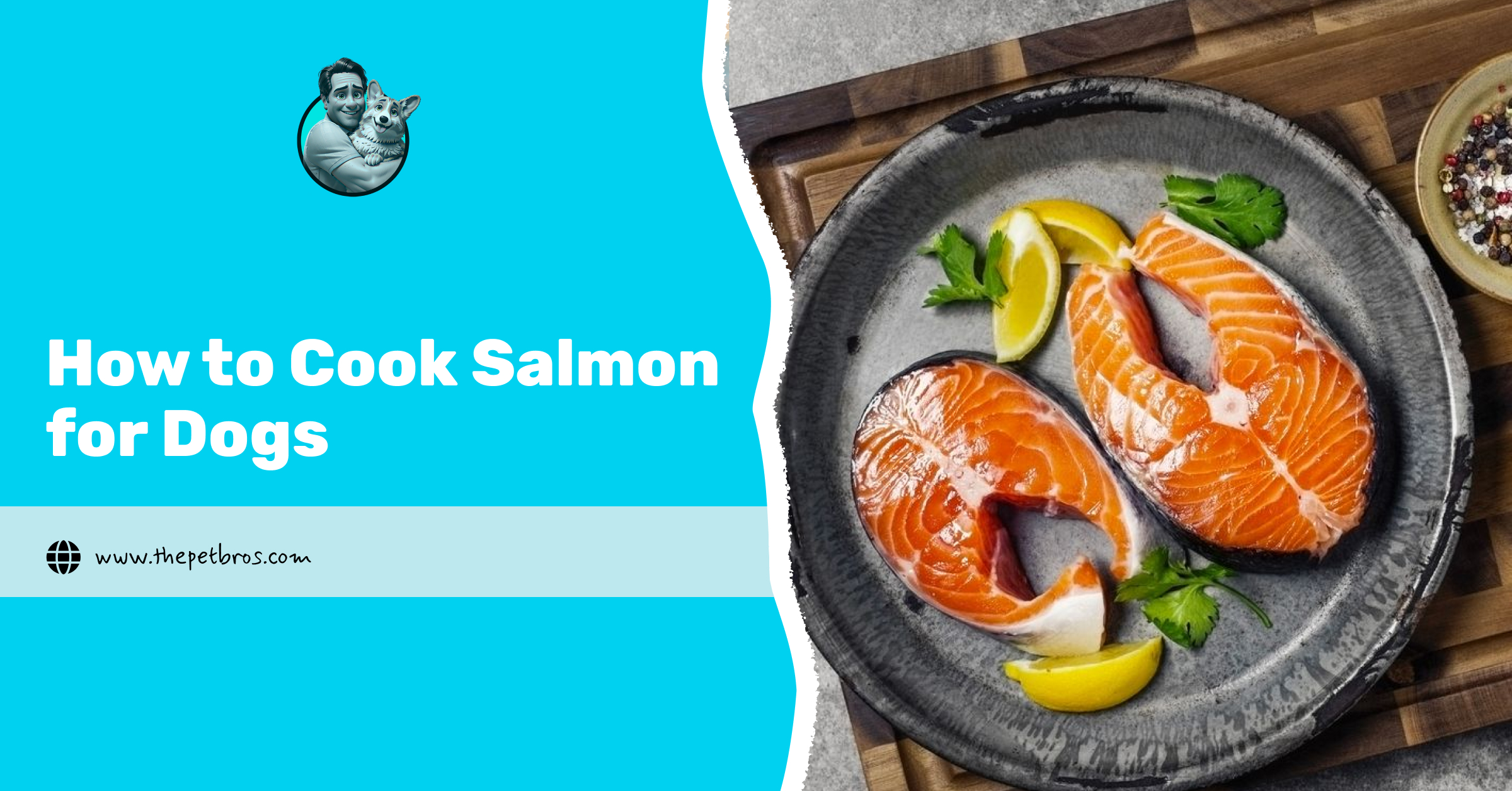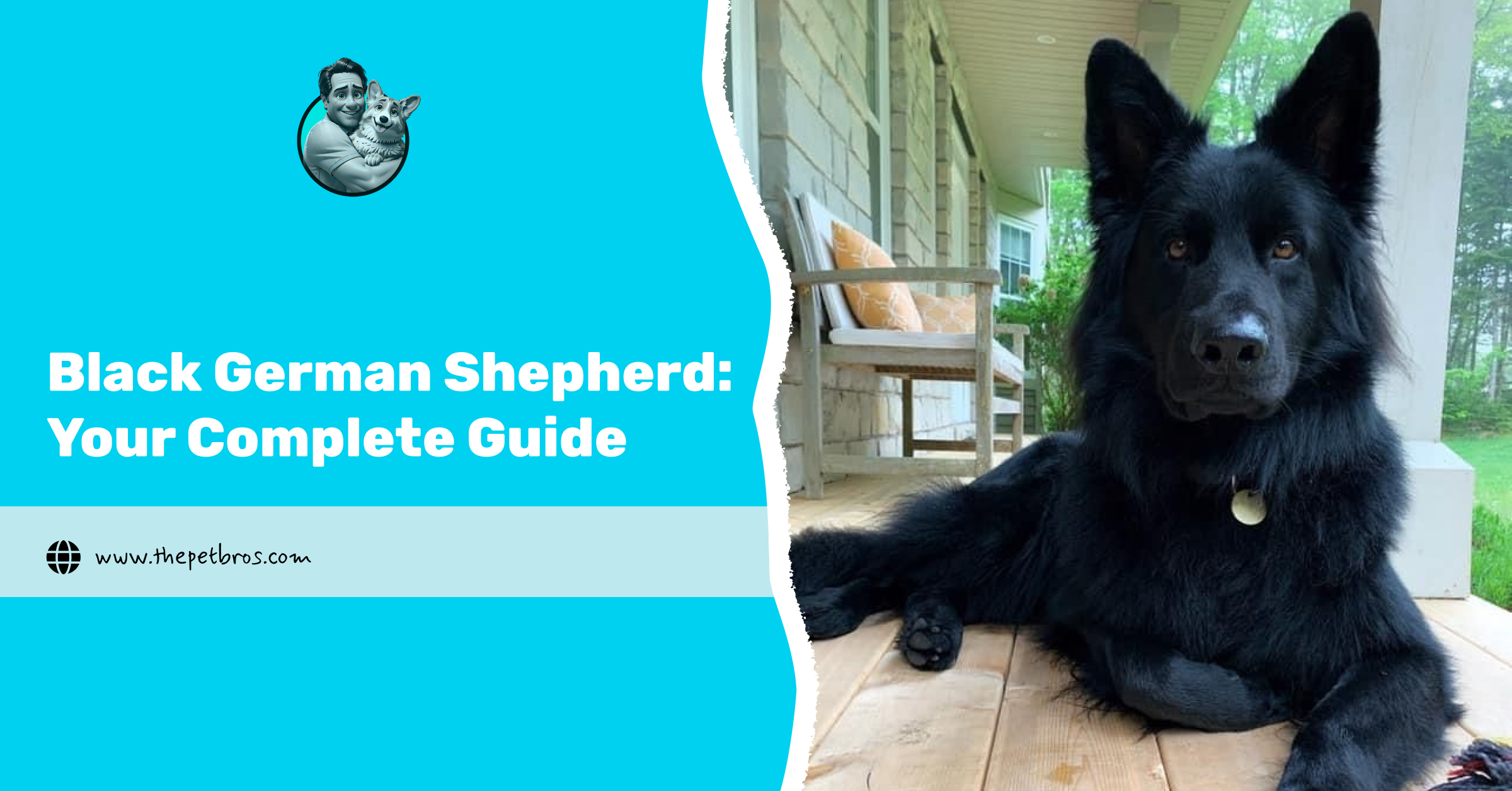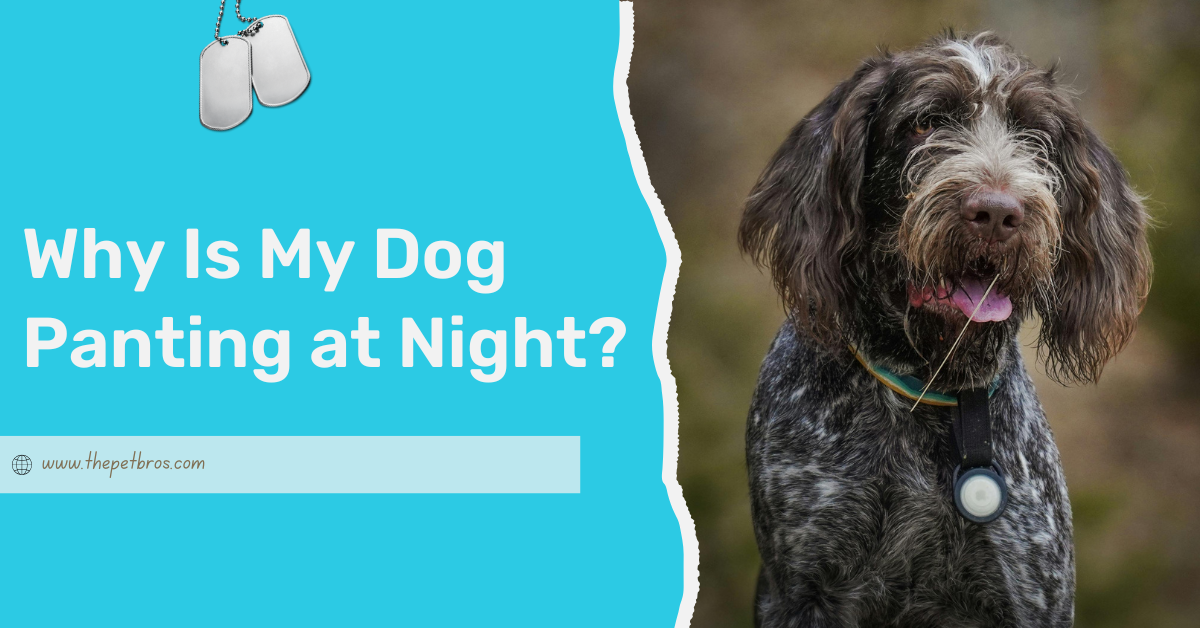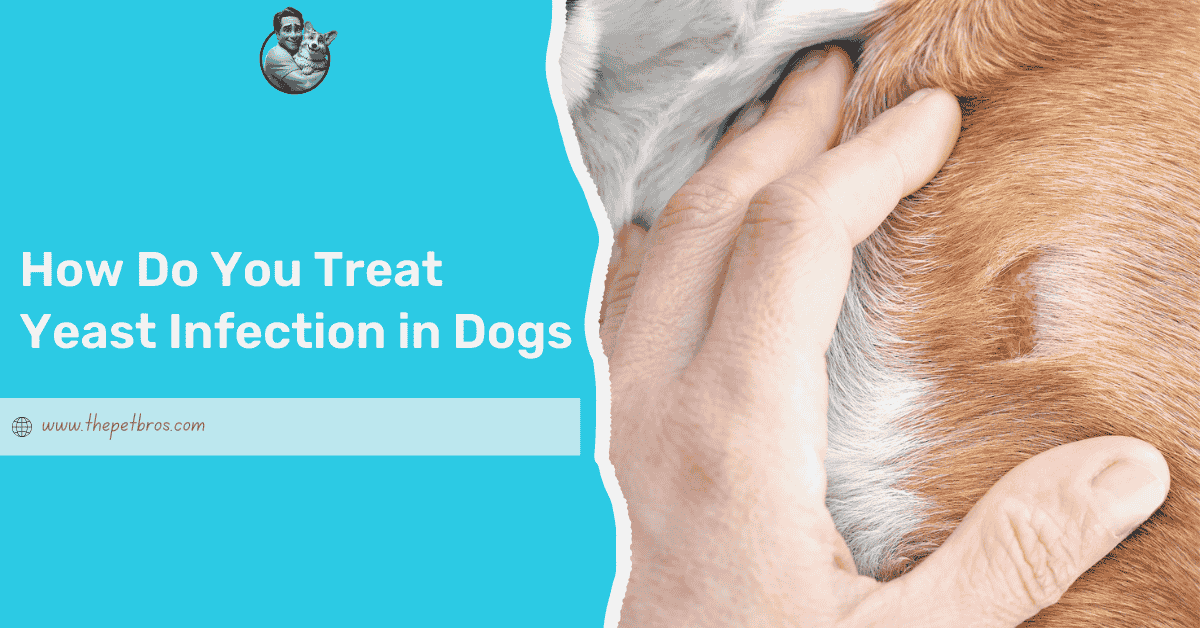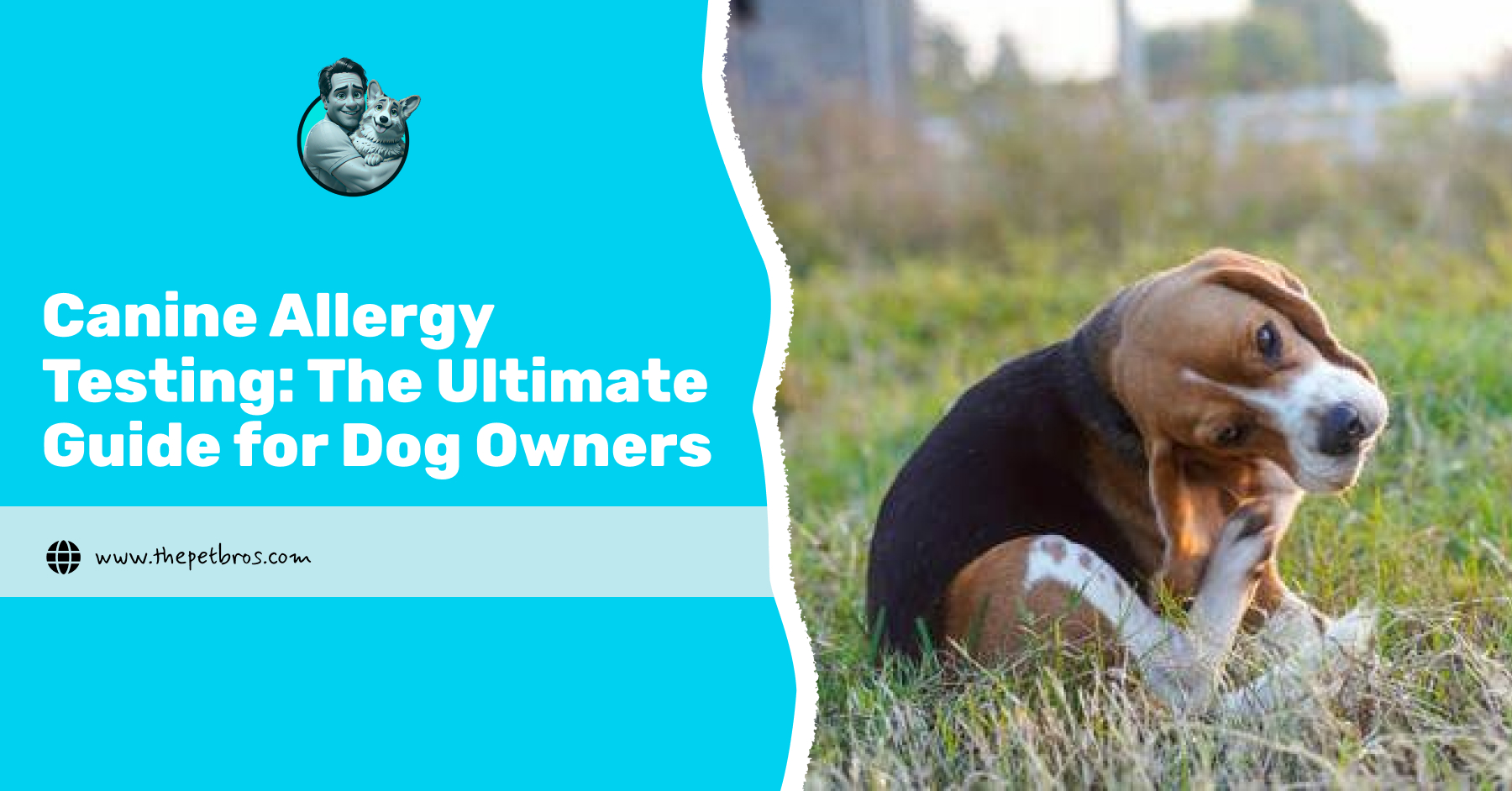If your dogs could make Thanksgiving speeches, they’d probably start with this question: “Can dogs have turkey, or are we just here for the vibes?” It’s a fair ask. The smell of roasting turkey can send any dog into a tail-wagging trance. And while turkey is often seen as a healthier meat for humans, lean, protein-packed, and rich in B vitamins, what’s perfectly fine for us isn’t always safe for them.
The truth is, turkey walks a fine line between harmful and healthy for dogs. Plain, cooked turkey can support muscle strength and boost metabolism. But once it’s drenched in the wrong ingredient or paired with fatty skin, that “healthy” holiday treat can trigger illness.
So where does that leave your hopeful dinner companion? In this guide, we’ll explain when it’s safe to share, how much is too much, and why turkey can be both a tasty reward and a risky indulgence.
Is Turkey Good for Dogs?
Turkey can absolutely be suitable for dogs when it’s done the right way. Plain, well-cooked white meat is packed with lean protein that helps maintain strong muscles and healthy energy levels. It’s also rich in niacin and B vitamins, which support your dog’s metabolism and immune function. That’s why turkey often shows up in high-quality dog foods and even vet-recommended diets.
It’s up on the list of healthy human foods that dogs can enjoy. Just like small amounts of carrots, celery, apples, and potatoes, turkey can be a nutritious addition, but moderation is key. Too much of even a good thing can upset your dog’s stomach or unbalance their diet.
Can Dogs Eat Turkey Every Day?
Even though turkey is healthy, it’s not something your dog should eat every day. It works best as an occasional treat or protein boost rather than a daily meal. Too much turkey can lead to an upset stomach or, in some cases, pancreatitis due to its fat content.
For a balanced diet, variety matters. Pair occasional turkey treats with safe vegetables dogs can eat, such as kale, green beans, peas, or pumpkin. These add fibre, vitamins, and natural sweetness without upsetting their digestion. Your dog’s main diet should still come from a complete dog food that provides all the nutrients they need.
When Is Turkey Unsafe for Dogs
| Unsafe Turkey Type | Why It’s Risky | Better Choice |
| Raw turkey | May contain harmful bacteria. | Fully cooked, plain turkey. |
| Seasoned or stuffed | Garlic, onions, and butter can be toxic. | Unseasoned white meat only. |
| Fatty dark meat or skin | High in fat, it can cause pancreatitis. | Lean white meat. |
| Processed or deli meat | High sodium and preservatives. | Fresh, cooked turkey. |
Turkey turns from healthy to harmful the moment it’s prepared the wrong way. Raw turkey can carry bacteria like Salmonella or Campylobacter, which cause vomiting, diarrhoea, and fever in dogs. Cooking it thoroughly is the easiest way to protect your pup from foodborne infections.
Seasoned or stuffed turkey is another no-go. Ingredients like garlic, onion, butter, and gravy might make dinner more delicious for humans, but are toxic or too rich for dogs. The same applies to fatty, dark meat and skin, which can trigger pancreatitis, especially in smaller breeds.
If your dog has food sensitivities, consider allergy testing before adding turkey to their diet. Symptoms such as itchy skin, ear infections, or frequent stomachaches can sometimes indicate a food allergy. Knowing what your dog reacts to helps you choose safe proteins and avoid unnecessary vet visits.
Lastly, skip deli turkey or any processed slices; they’re loaded with salt and preservatives that strain your dog’s kidneys and digestive system.
How to Feed Turkey Safely
Think of turkey for dogs like a home-cooked meal with rules. It should smell amazing, but never come with the holiday extras. Start by cooking it thoroughly, with no pink bits and no fancy glaze – just honest, plain turkey. Skip the bones and the crispy skin (they’re trouble in disguise) and keep seasonings off the table.
A few tender, bite-sized pieces are plenty to make tails wag without upsetting tummies. If your dog has allergies or special health needs, consult your vet before sharing. The golden rule is to keep it simple and keep it safe.
Conclusion
So, can dogs have turkey? Absolutely. Turkey is lean, full of protein, and a great occasional treat that supports your dog’s muscles and energy. Just remember, it’s a bonus bite, not a daily dish. Keep it simple, pair it with safe veggies, and your dog can enjoy a little taste of your holiday cheer safely and happily.
Can Dogs Have Turkey FAQs
What are the three toxic meats for dogs?
Dogs should never eat raw or seasoned meats like bacon, sausage, and deli ham due to fat, salt, and preservatives.
Can turkey upset a dog’s stomach?
Yes, especially if it’s fatty, seasoned, or fed in large portions. Stick to small, plain servings.
Is deli sliced turkey ok for dogs?
No, deli turkey is high in sodium and preservatives that can harm your dog’s digestive system.
What is the one meat to never feed a dog?
Avoid processed or raw meats that contain seasonings, especially those with garlic, onion, or high-fat levels.
How much turkey can I give my dog?
A few small, bite-sized pieces are enough for most dogs. Treats like turkey should make up less than 10% of their diet.






